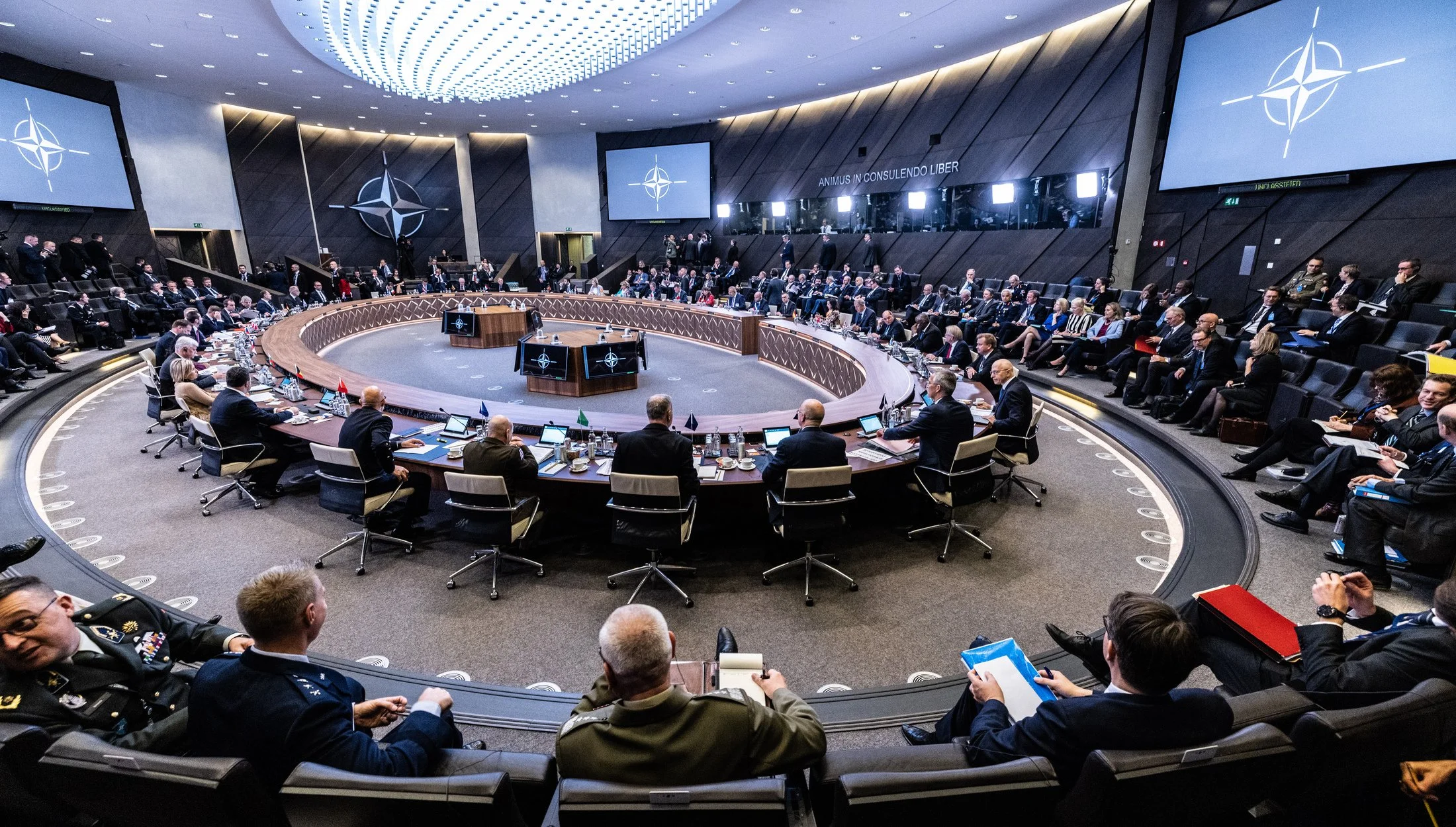Washington’s current Syria policy is failing and misguided, and it should be abandoned for one consistent with U.S. interests. The approximately 900 U.S. military forces in northeastern Syria lack a justifying rationale given the last ISIS-held territory was liberated in March 2019, more than four years ago—continued occupation with so few forces, and without a vital U.S. security goal, runs needless risks with imperceptible potential gains. U.S. forces are vulnerable to local militias with local aims that could otherwise not reach them. Existing sanctions punish regular Syrians in service of unrealistic, unnecessary regime-change goals. Syria is a strategically unimportant country that poses no direct threat to the United States nor its limited and diminishing interests in the Middle East. With higher priorities at home and in Asia, the U.S. should recalibrate sanctions and end its open-ended presence in Syria.
Neutrality not NATO: Assessing security options for Ukraine
Even as the war with Russia continues, Ukraine is demanding NATO membership, or at least a path to it, and some lesser security guarantees in the interim. The United States should say no, closing the door to committing to fight a future war for Ukraine. The benefits of fighting for Ukraine are lacking—Ukraine is neither a prize that Russia can use to rebuild its Soviet empire nor an example that will destabilize global politics. The risks of fighting for Ukraine meanwhile are severe—entailing a real prospect of nuclear war and mass destruction. Because of these risks, the United States has not and will not directly fight Russia on behalf of Ukraine. That means U.S. commitments to militarily defend Ukraine, even through NATO, will not be credible; they will be an obvious bluff. Such false promises will not only leave Ukraine exposed to Russia, they will increase its peril, by preserving a cause of war and encouraging Ukraine to make poor choices based on the false hope of western protection. Armed neutrality, where the United States and its allies continue to arm Ukraine to deter future Russia aggression is a safer and more credible alternative.
How would Europe defend itself?
It needs to be acknowledged that U.S. contributions to NATO could be scaled back in the face of contending domestic priorities or competing demands for military resources in Asia. In either event, Europe would need to take up the primary burden for its defense. Realistic discussions of what that could look like in practice are therefore prudent. A serious effort to enhance European defensive autonomy would open the door to a range of issues—including the need for increased European defense spending, difficult questions of command arrangements, and complex issues related to nuclear-sharing and deterrence. None of these matters present easy answers, but what follows is an exploration of issues that would need to be addressed to make greater European defensive autonomy a reality.
Reconfiguring NATO: The case for burden shifting
NATO was founded to deter a Soviet attack on Western Europe. However, U.S. military presence in Europe today lacks a clear mission beyond sustaining U.S. dominance in Europe. Washington has frequently talked about the need for burden sharing with its European allies, but a more far-reaching approach of burden shifting is needed. The explainer presents recommendations for how to implement burden shifting and explains how Russia’s invasion of Ukraine has made burden shifting even more prudent.









